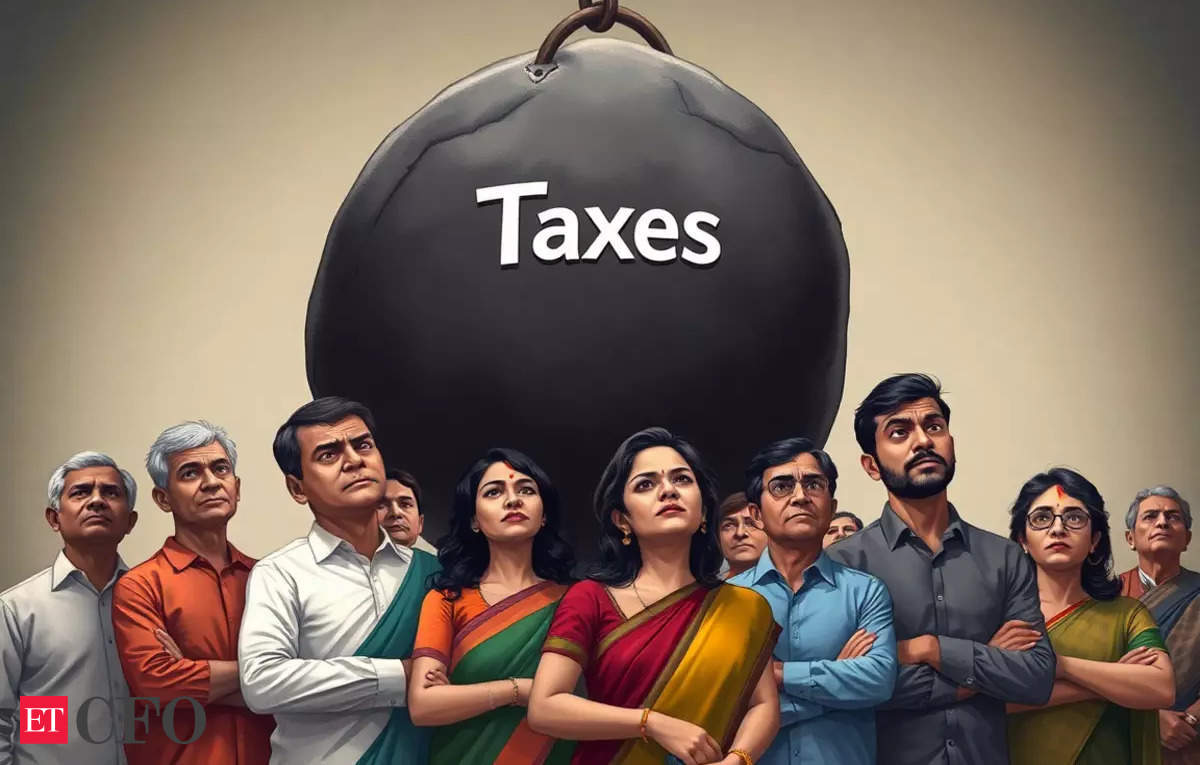In a recent development, the Madras High Court made a significant ruling regarding the applicability of Goods and Services Tax (GST) on hostel accommodations. Justice Krishnan Ramaswamy, presiding over the case, highlighted that GST is only applicable to rentals if the rented premises are used for commercial purposes. The court’s decision came in response to a challenge against GST demands imposed on hostels catering to working women and girls.
The crux of the court’s ruling lies in the distinction between residential and commercial use of rented properties. Justice Krishnan Ramaswamy emphasized that the imposition of GST hinges upon whether the occupants of the hostel rooms utilize the premises for residential dwelling or commercial activities. Notably, renting a residential unit attracts GST only when it is leased for commercial purposes. Therefore, if the primary purpose of the property is residential, it does not attract GST, as per the court’s ruling.
“It has to be looked into as to whether the inmates of the hostel rooms are using the premises as their residential dwelling or commercial purpose since renting of residential unit attracts GST only when it is rented for commercial purpose,” Justice Krishnan Ramaswamy stated.
The judge further elucidated that the exemption of GST is contingent upon the residential nature of the end-use, rather than the nature of the property or the business of the service provider. In essence, the purpose for which the property is utilized determines its GST applicability, with the court emphasizing the perspective of the service recipient rather than the provider.
Therefore, Justice Krishnan Ramaswamy asserted that the issue of levying GST on residential accommodation should be examined from the viewpoint of the service recipient, not the service provider who offers the premises on a rental basis.
The court’s ruling came in response to a batch of petitions filed by managements of private hostels for working women and girls, contesting an order issued by the TN State Appellate Authority for Advance Ruling. The ruling, dated Aug 31, 2023, imposed an 18% GST on such hostels.
“In the present case, the imposition of GST on the hostel accommodation should be viewed from the perspective of the recipient of service and not from the perspective of the service provider,” the court emphasized.
The High Court underscored a crucial distinction overlooked by the appellate authority, clarifying that the imposition of GST is solely on the recipient of the service. Contrary to the authority’s approach, GST is collected from the service recipient and not the provider.
The Madras High Court’s ruling offers clarity on the GST applicability to residential accommodations, ensuring adherence to tax regulations while safeguarding the interests of service providers and recipients alike.
Source Link
Visit www.cagurujiclasses.com for practical courses











